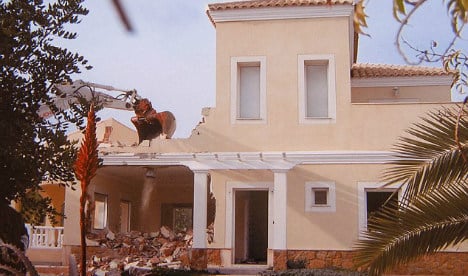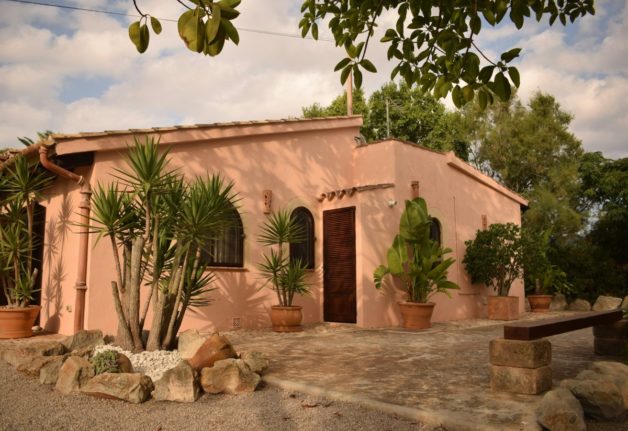Helen and Len Prior have yet to receive compensation, seven years after becoming the first British homeowners in Spain to have their property demolished over 'planning irregularities'.
But on Wednesday they won a victory that will ensure nothing similar will befall those other property owners who have fallen victim to administrative planning errors.
The Priors, both now 71, witnessed a vote in Spain’s Senate that will mean the introduction of legislation to halt all house demolitions until owners have been paid compensation.
In 2008 the Priors saw their €350,000 ($392,000) villa demolished after the regional government revoked a planning licence issued by their town hall – making their property, and others on the development, illegal.
The Senate vote represents a shallow victory as has no bearing on their own case; they are still waiting for compensation, seven and a half years after watching the bulldozers roll in and flatten their luxury villa in Vera, Almeria.
But it marked the culmination of a massive campaign for justice by not just the Priors but the hundreds of expat homeowners threatened with demolition across the region.

From left to right: Maura Hillen, Helen and Len Prior and lawyer Gerardo Vazquez at the Senate Photo: AUAN
“It is a great victory,” Maura Hillen president of pressure group AUAN, told The Local.
It is the second such measure to be introduced this year.
Legislation passed by the Senate in March saw a suspension of the demolition of homes found to be built illegally by unscrupulous developers, until owners have been compensated.
That measure was extended on Wednesday to include homeowners that were under threat of demolition not because of criminal action but “administrative error”.
“It means that not only will there be protection for those living in homes built illegally by rogue builders but also those who bought in good faith with all the papers in order only to see the licence revoked at a later date,” Hillen told The Local.
“That anomaly needed to be addressed and now it has been. Authorities cannot demolish a property unless responsibility is determined first and the owners paid compensation. It means there won’t be any more cases like Helen and Len Prior,” she explained.
“We have achieved something hugely significant that many thought was impossible,” said Hillen, who became a local councilor last month and is now in charge of Tourism and International Relations at the Albox town council.
“The only sadness is that is has come too late to help the Priors who have been tangled up in a legal system for seven years and have yet to receive proper compensation.”



 Please whitelist us to continue reading.
Please whitelist us to continue reading.
Member comments